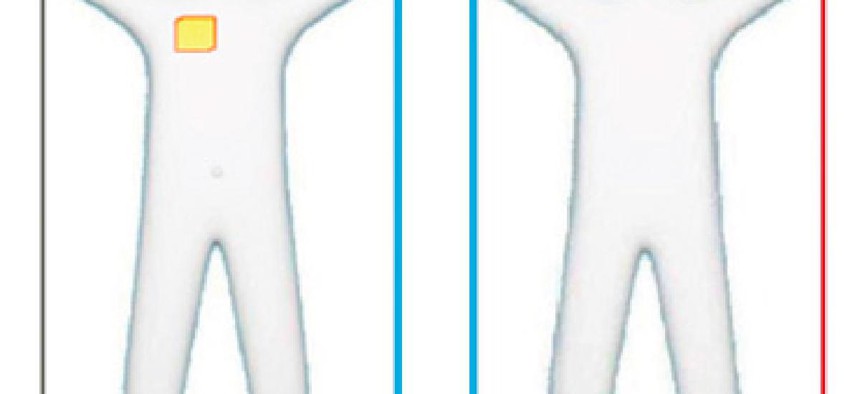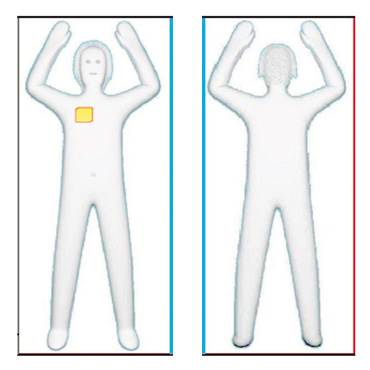DHS moves to tighten trusted traveler privacy exemptions

Airline passengers using the PreCheck program would have limited access to background check information.

The Department of Homeland Security wants to bring the privacy rules exemptions for airline passenger data gathered under TSA's PreCheck trusted traveler program in line with its disclosure policies for transportation and other critical infrastructure workers.
The end result would be that airline passengers using the trusted traveler system would have generally more limited access to the information TSA uses to conduct background checks for the program.
A Jan. 2 filing in the Federal Register detailed the plan, which would exempt disclosure of information gathered by investigators for the increasingly popular pre-screening program.
In a final rule, DHS said TSA's PreCheck data would be subject to the same Privacy Act exemptions as its Transportation Workers Identification Card (TWIC) and Hazardous Materials Endorsement (HME) programs.
TSA's Pre Check pre-approved screening program allows passengers access to a speedy security line on a case-by-case basis, based on background data already provided. TWIC cards are issued by TSA to transportation workers, such as port employees and truckers, who have access to potentially sensitive infrastructure, to ensure they don't pose a security threat. The HME program checks for security threats among transportation workers handling hazardous materials.
DHS' new rule for PreCheck would allow it to exempt certain information gathered in background checks of potential participants on the grounds the disclosure could "reveal investigative techniques, sensitive security information, and classified information, or permit the subjects of investigations to interfere with related investigations."
Privacy advocates have complained in the past that such exemptions frustrate the spirit of the law, but DHS cites the law itself in deflecting such criticism. "DHS does not agree that asserting exemptions provided within the Privacy Act contravenes the Privacy Act," the Federal Register filing said.
Although the agency didn't explicitly note in its filing that exemptions could complicate inquiries or resolutions for people who may have been rejected under the PreCheck program, it took pains to explain how the process works. It said it already notifies in writing individuals who have been rejected, with the reasons for the action. It also said those rejected for PreCheck would continue to be screened regularly at airport security checkpoints.
NEXT STORY: NSA doesn’t deny spying on Congress


